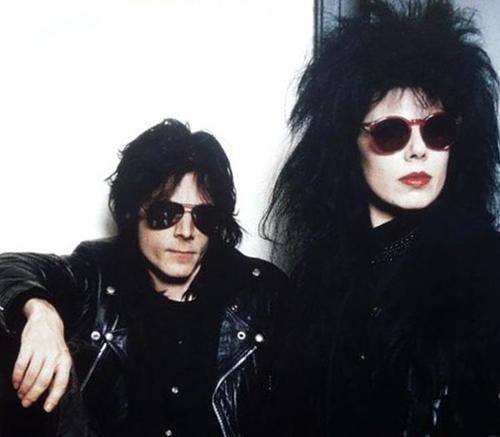On Monday Lynne Murphy, of Sussex University and
Separated By A Common Language fame, came to talk to our students at Colchester and it was great to hear her bust the myths of US English 'destroying' English English. As she put it, in many ways American English has (kinda) saved the English Language.
So, it's good timing for all of us doing ENGA3 World Englishes, and especially Language Discourses around American English, that Lynne has also posted an interesting response to an article by the linguist Geoff Pullum about what he sees as the minimal differences between the American and English varieties.
In his
original article, Pullum claimed that "the differences have been wildly, insanely overstated" and "the one thing that has always struck me about the differences, particularly in grammar, is how tiny and insignificant they are". He concludes by saying, "Many people seem to enjoy getting hot under the collar about
Americanisms in Britain or Britishisms in America; but it can’t be the
linguistic differences that motivate them. Looked at seriously, the tiny
differences between standard American and standard British English are
trivial, barely even worth mentioning".
And he's kind of right...
Many people
do enjoy getting hot under the collar about one variety influencing another, American creeping into English, or
Britishisms (yes,
they exist!) permeating American conversation. But maybe that's because they are worried about culture and identity, rather than language
per se. It's the age-old argument that Henry Hitchings, author of
The Language Wars identifies when he says that "These debates quickly become heated because they involve people’s attitudes to – among other things – class, race, money and politics".
But, as Lynne Murphy tells us, to underplay the differences between US English and British English is a bit daft too. As she explains in her
recent post on Separated By a Common Language, many of Pullum's grammatical definitions are rather narrow and his article doesn't really address pragmatic differences between the two varieties. As she concludes in her blog post:
Are the differences exaggerated due to cognitive biases and prejudices?
Absolutely. Are we still mostly able to communicate easily? Yes,
certainly. But that doesn't make the differences that are there any
less interesting to me. And the fact that there are so many biased
perceptions about national differences makes me feel like this blog
provides a public service in countering the myths. I hope you do too. I
even hold out a little hope that Pullum might.


